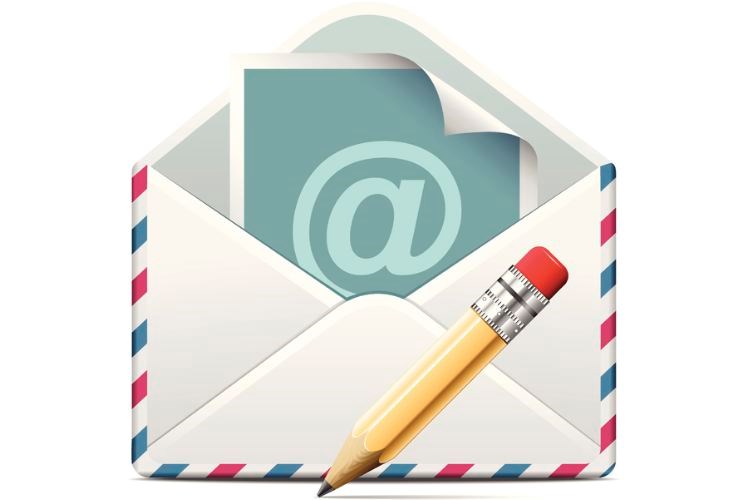I am writing re: the June 28 editorial "Principles before politicians" by Neil Godbout. It was interesting but I have to take exception to one of your statements.
You spoke about ideas and education being victims "to a culture that thinks Google and Wikipedia have all the answers" as opposed to books and applied learning. I am not sure about Google but I object to characterizing Wikipedia this way. Wikipedia is very much about books, I believe, it is about applied learning. There may be sections that haven't had serious scholarship yet applied to them but others definitely have. In order to edit a page on Wikipedia, you have to be able to support your position with real evidence.
If you look up the murderer of Abraham Lincoln, John Wilkes Booth, on different search engines, the most popular site will be the Wikipedia page on him. This is the man who assassinated the central character of the central event of U.S. history, the Civil War.
People's beliefs generally influence what they do. Charles Chiniquy, a man whose life and statements I have studied for some 30 years now, declared that Booth was a Roman Catholic who was persuaded by the Jesuits to commit his heinous act of murder. If you look up his religious beliefs on the Wikipedia page, you will find a section headed "Possible Catholic Conversion," which provides very good evidence that Booth was indeed Catholic. Most of this section has been written by me.
People may not like this but they cannot change it based on their opinions. They can only modify it if they can provide contrary evidence, by citing a book, paper in a historical journal, historical document or the like. If a person tries to change it but has no proof for their alteration, someone like myself will object and Wikipedia staff will intervene to stop any change that does not have evidence to support it.
Wikipedia does not get any government support and survives on donations from the general public I understand. I think the federal government could learn from this organization, its bare-bones staff doing yeoman's work with very little resources. I can think of a particular government entity that could very much learn from Wikipedia, actually I think they are much the opposite of Wikipedia, at the provincial and national level. I am talking about the CBC.
Several years ago, I recall listening to a CBC radio program, the Current or another one, a nationally aired program where pencil sharpening was discussed for some 20 minutes. Yet the name of possibly Canada's best-selling author of all time, Charles Chiniquy, apparently cannot ever be mentioned on such a program. The name of a Quebecer who may have been the best friend of the towering American figure, Abraham Lincoln, cannot be spoken. A Canadian! A man who was far more accomplished and world-famous than anyone who works for the CBC likely will ever be cannot be mentioned by the public broadcaster on a national or provincial broadcast, I understand.
Why is this? Is it because he was French-Canadian? Is it because he was an extremely effective critic of a powerful religious organization, the Roman Catholic Church and the CBC wants to make sure it does not offend the powerful? Is it that it would be much better to supress the memory of an accomplished Canadian than to cause some discomfort? Could this be what Canada now really stands for: suppression of information, censorship, kissing the big toe or another body part of the powerful?
On this Canada Day, the 150th anniversary, we can reflect on the fact that with our national public broadcaster, there apparently is no time to mention or discuss accomplished world-famous Canadians if they made the mistake of being effective critics of the powerful. There is, however, always time to air what the national audience really wants and needs: pencil sharpening.
It makes one really proud to be a Canadian....or something. Perhaps at another milestone, like at the 200th anniversary of the Canada, if the CBC doesn't exist, it might make people prouder.
Paul Serup
Prince George



